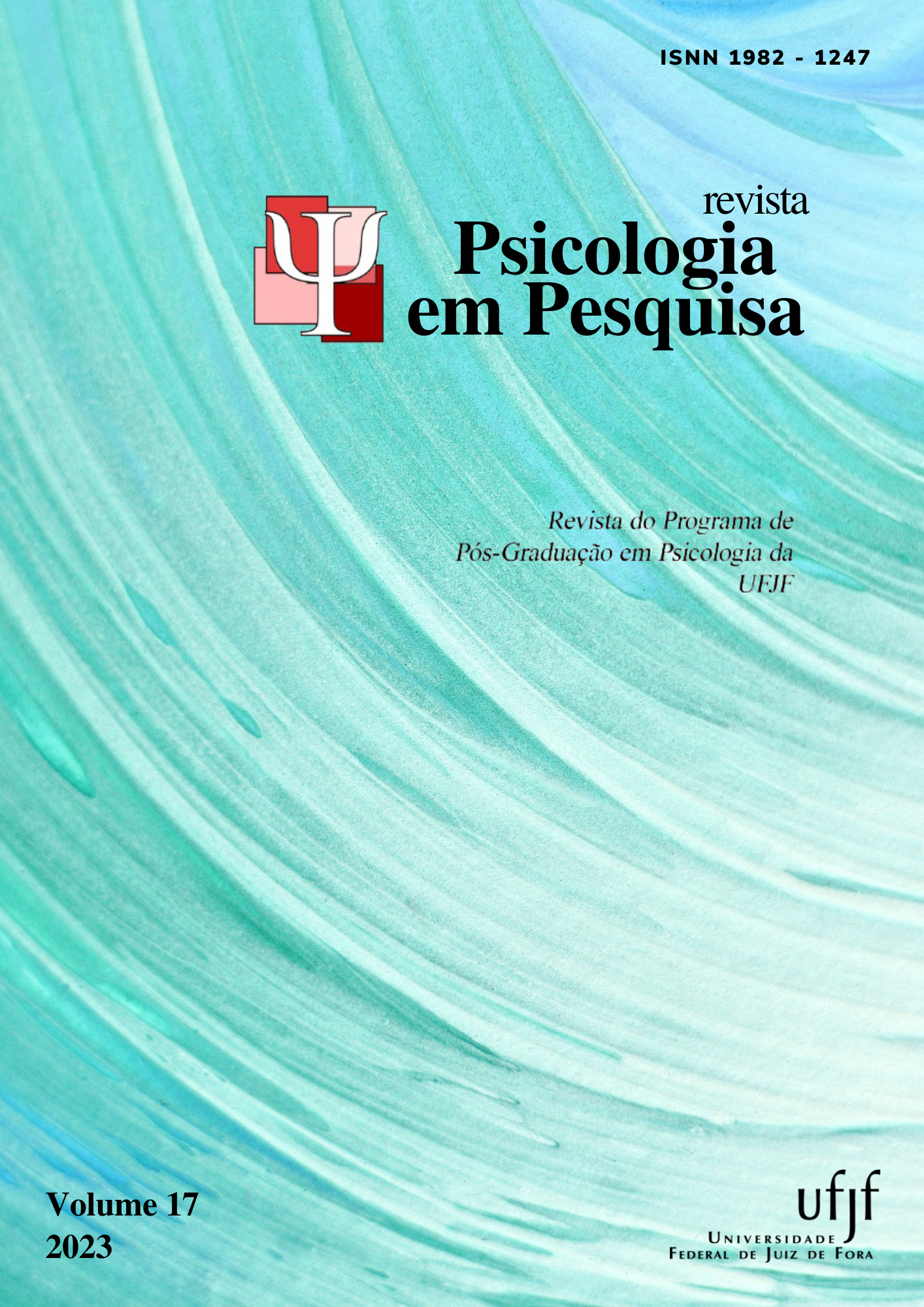A visão crítica de Charles Taylor à formação da subjetividade moderna
DOI:
https://doi.org/10.34019/1982-1247.2023.v17.37514Palavras-chave:
Subjetvidade, Modernidade, Antropologia filosófica, Charles Taylor, Subjectivity, Modernity, Philosophical anthropology, Subjetividad, Modernidad, Antropología filosóficaResumo
Partindo do conceito iluminista de “natureza humana”, o filósofo canadense Charles Taylor busca desconstruir as concepções antropológicas que inauguraram a modernidade, pois, a seu ver, a noção a sustentar esse cenário desconsidera diferentes formas de produção de identidades. Nessas teorias, a subjetividade é representada em vista de um cenário moral que normaliza a concepção de agente útil-maximizador. Repensar esse cenário é o ponto de partida para recontar a história da subjetividade moderna, aproximando os saberes da filosofia, história e psicologia.
Downloads
Referências
Bohannan, L. (1966). Shakespeare in the bush. Natural History, ago./set. 1966. Recuperado em 21 dezembro, 2021 de https://www.naturalhistorymag.com/ picks-from-the-past/12476/shakespeare-in-the-bush
Ferguson. A. (1995). An essay on the history of civil society. Cambridge University Press. (Original publicado em 1767).
Hume, D. (1888). Treatise of human nature. Oxford University Press. (Original publicado em 1739).
Hume, D. (2007). An inquiry concerning human understanding. Oxford University Press. (Original publicado em 1748).
Japiassu, H. (1975). O mito da neutralidade científica. Imago.
Murdoch, I. (1971) The sovereignty of good. Routledge.
Polanyi, K. (2001). The great transformation: The political and economic origins of our time. Beacon Press. (Original publicado em 1944).
Smith, A. (1977). An inquiry into the nature and causes of the wealth of nations. University of Chicago Press. (Original publicado em 1776).
Smith, A. (2009). The theory of moral sentiments. Penguin Books. (Original publicado em 1759).
Taylor, C. (1964). The explanation of behavior. Routledge & Kegan Paul Ltd.
Taylor, C. (1980). Understanding in human sciences. The Review of Metaphysics, 34(1), 25-38.
Taylor, C. (1985a). Introduction. In C. Taylor. Philosophy and social science (pp. 1-12). Cambridge University Press.
Taylor, C. (1985b). Atomism. In C. Taylor. Philosophy and social science (pp. 187-210). Cambridge University Press.
Taylor, C. (1985c). Peaceful coexistence in psychology. In Human agency and language (pp. 117-138). Cambridge University Press.
Taylor, C. (1985d). How is mechanism conceivable. In Human agency and language (pp. 164-186). Cambridge University Press.
Taylor, C. (1985e). Cognitive psychology. In Human agency and language (pp. 187-212). Cambridge University Press.
Taylor, C. (1985f). Neutrality in political science. In Philosophy and social science (pp. 58-90). Cambridge University Press.
Taylor, C. (1985g). Interpretation and sciences of man. In Philosophy and social science (pp. 15-57). Cambridge University Press.
Taylor, C. (1989). Sources of the self. Harvard University Press.
Taylor, C. (1991). The ethics of authenticity. Harvard University Press.
Taylor, C. (1995). Overcoming epistemology. In Philosophical arguments (pp. 1-19). Harvard University Press.
Taylor, C. (2004). Modern social imaginaries. Duke University Press.
Taylor, C. (2007). A secular age. Harvard University Press.
Taylor, C. (2011). Iris Murdoch and the moral philosophy. In Dilemmas and connections (pp. 3-23). Harvard University Press.
Taylor, C. [Berkley Center]. (2014). Charles Taylor lecture: The master narratives of modernity. [Vídeo]. YouTube. https://www.youtube.com/watch?v=m95ck 7A2Ooc.
Taylor, C. (2016). The language animal. Harvard University Press.















